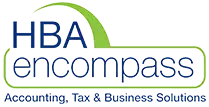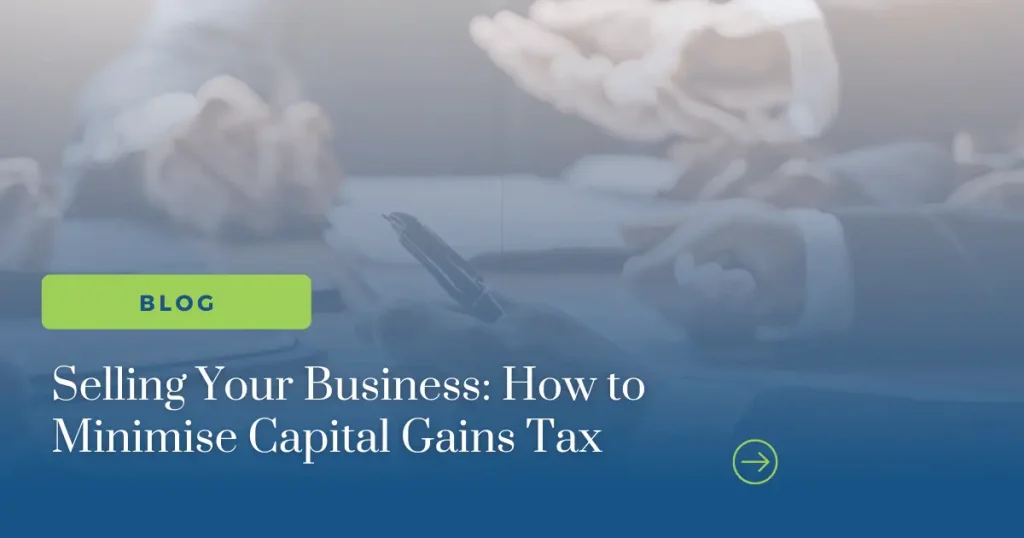When selling your business, timing is everything, especially when it comes to minimising capital gains tax. Capital gains tax is calculated on the date of contract signing. So, if you’re considering selling your business and planning to sign a contract before June 30, that transaction will be included in this year’s tax calculations.
Why Timing Matters
If you’re approaching the age of 55, anywhere from 53 to 55, there are some beneficial strategies available. These “magic potions,” so to speak, can potentially allow you to pay little or no capital gains tax on the sale of your business.
The Importance of Professional Advice
Even if you’re under 55, there are still effective strategies you can utilise. Sitting down with your accountant and planning in advance is crucial to understanding and leveraging these opportunities.
Years ago, we had a client looking to sell his business. The proposed sale price would have resulted in massive tax liabilities, losing between a third and half of his earnings to tax. After consulting with us, he was able to negotiate the sale price slightly down, which allowed him to qualify for small business tax benefits, making 100% of his sale tax-free.
Benefits of Consulting Your Accountant
– Get accurate figures** for potential buyers.
– Ensure your capital gains tax is minimised.
– Plan your sale to take advantage of tax benefits.
Conclusion
If you’re thinking of selling your business, get in touch with us. We can help you navigate the complexities of capital gains tax and ensure that you’re making the most of the available exemptions and benefits. Proper planning and timing can significantly impact your financial outcome from the sale of your business. Don’t wait—consult with your accountant today to ensure a smooth and tax-efficient sale.
New Government Guidance for Professional Services Businesses: What You Need to Know
Last year, the government released a practice guidance form called PS 2001-4. While this might sound irrelevant to you, it has significant implications for professional services businesses.
What is PS 2001-4?
PS 2001-4 provides guidance on professional services businesses, which includes a broad range of industries. You might typically think of professional services as encompassing accountants, lawyers, and financial planners. However, this guidance also applies to anyone with professional indemnity insurance, covering a wide range of industries, including real estate.
Impact on Business Profits
This guidance introduces new rules regarding how business profits need to be distributed. It limits the ability to use other family members and bucket companies for tax planning, reducing the flexibility in managing tax liabilities.
Why It Matters
If you are in a professional services business, talk to your accountant before June 30. While it is currently only guidance, the ATO is flagging this, and non-compliance could lead to audits and the need to explain your tax practices.
Key Takeaways
– PS 2001-4 affects a wide range of industries, including those with professional indemnity insurance.
– New rules limit tax planning strategies, impacting how business profits can be distributed.
– Consult your accountant before June 30 to understand and comply with this guidance.
– Non-compliance may result in audits and additional scrutiny from the ATO.
Conclusion
Professional services businesses need to be aware of PS 2001-4 and its implications. To avoid potential issues with the ATO, get in touch with your accountant and ensure your business practices align with this new guidance. This proactive step can save you from significant grief and complications down the line.


